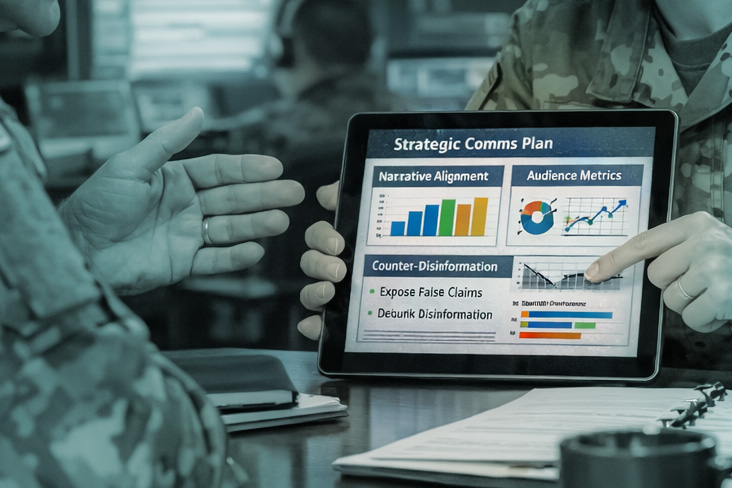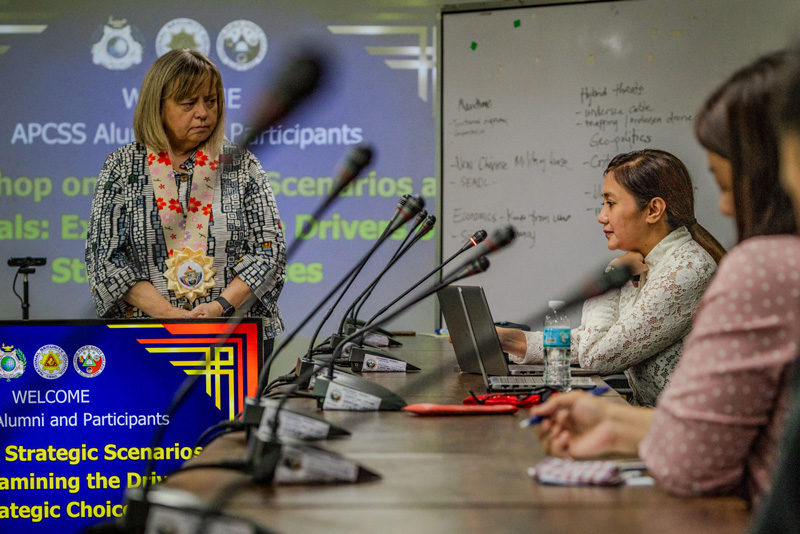By Dr. James M. Minnich
The recent deepening of ties between North Korea and Russia, marked by the signing of a mutual defense treaty in June 2024, signals a significant development with far-reaching consequences for the Asia-Pacific region. This evolving alliance was the focus of a recent episode of the Security Nexus Webinar hosted by the Daniel K. Inouye Asia-Pacific Center for Security Studies, featuring a discussion between Professor James Minnich and Rachel Minyoung Lee, Senior Fellow at the Stimson Center.
This evolving alliance comes at a time of increasing global tension, particularly in the context of Russia’s ongoing conflict in Ukraine and the broader shifts in international relations. For North Korea, the partnership with Russia offers an opportunity to strengthen its economic position and gain greater flexibility in its foreign policy. For Russia, North Korea represents a strategic partner in its efforts to expand its influence in the Asia-Pacific and counterbalance Western powers.
Strategic Convergence Amidst Global Tensions
The alliance comes at a time of heightened global tension, particularly due to Russia’s conflict in Ukraine and broader shifts in international relations. For North Korea, the partnership offers economic relief and greater foreign policy maneuverability. Russia, in turn, gains a strategic partner in its efforts to expand its influence in the Asia-Pacific and counterbalance Western powers.
Economic Lifeline and Strategic Diversification for North Korea
Long burdened by international sanctions and limited market access, North Korea stands to gain crucial economic support from its alliance with Russia. Reports indicate that Russia is already supplying vital resources such as wheat, oil, and refined petroleum products, helping to stabilize the North Korean economy as it recovers from the pandemic.
Beyond immediate economic benefits, the alliance allows North Korea to diversify its international partnerships and reduce its reliance on China. Rachel Minyoung Lee highlighted this enhanced strategic autonomy, noting that Kim Jong Un’s confidence stems from his regime’s ability to navigate sanctions and cultivate relationships with key players like Russia.
Russia’s Expanding Footprint in the Asia-Pacific
For Russia, the alliance is part of a broader strategy to assert its presence in the Asia-Pacific. Facing isolation from the West, Russia seeks to strengthen ties with countries that can advance its geopolitical objectives. North Korea’s strategic location and independent foreign policy make it a valuable partner.
The mutual defense treaty encompasses military cooperation, economic engagement, and technological exchanges, signaling Russia’s intent to play a more prominent role in regional security.
Global Implications and Uncertainties
While offering strategic opportunities for both nations, the alliance raises concerns for the international community. It may complicate efforts to enforce sanctions on North Korea and could impact the regional balance of power, affecting China and the United States.
The humanitarian situation in North Korea remains a concern, though the alliance’s economic benefits could potentially improve the lives of some citizens. However, the long-term effects on ordinary North Koreans remain unclear.
Navigating a New Geopolitical Reality
The North Korea-Russia alliance marks a significant shift in the geopolitical landscape, with implications for regional stability, economic development, and global security. As this partnership evolves, the international community will need to closely monitor its impact and adapt to the changing dynamics in the Asia-Pacific. The coming years will be crucial in understanding the full scope of this alliance and its role in shaping the future of the region.
Book Recommendation: North Korea’s Foreign Policy: The Kim Jong-un Regime in a Hostile World, Scotty Snyder and Kyung Ae Park, editors (Rowman & Littlefield, 2022).









Leave A Comment